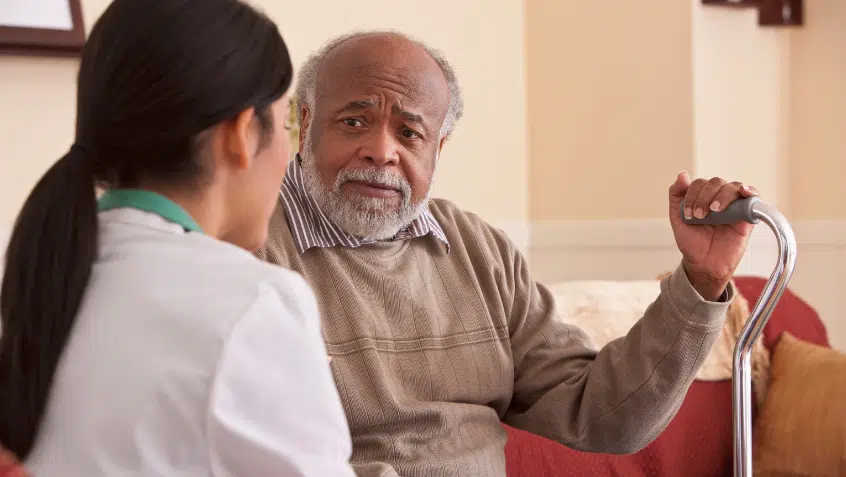Education About COVID-19 Vaccines Continues as Access Increases

At least 110 million people in the United States have received at least one dose of any of the three approved COVID-19 vaccines, and over 64 million people have been fully vaccinated. In the last week, the average number of doses administered per day has been over 3 million, and states are moving forward with plans to expand access to the vaccines for all adults.
The federal Centers for Disease Control and Prevention (CDC) has many resources describing how vaccines work, explaining the differences between the three authorized vaccines, and urging people who can get vaccinated to do so. The CDC also supports Vaccine Finder, an online tool that may make it easier for people to find local places to receive their vaccinations.
But concerns linger for some, as they weigh whether the vaccine is right for them. Kaiser Family Foundation (KFF) polling reveals that different populations and political groups display varying degrees of eagerness to get vaccinated, from “already got vaccinated” and “get the vaccine as soon as you can” to “definitely not getting vaccinated.”
Many of the commonly cited reasons for COVID-19 vaccine hesitancy could likely be addressed through enhanced outreach and education. For example, while some people have expressed concerns about vaccine safety and efficacy, the CDC says the vaccines are very safe and very effective at preventing serious illness from COVID-19. Other people may fear they will be charged a lot of money for the vaccine. But as AARP explains, federal law makes the vaccine free for everyone, including those with Medicare, Medicaid, private insurance, or no insurance at all. Still others may not speak English fluently and may struggle to understand why, where, and how to get a vaccine.
Because the reasons may vary across populations, there is a need for community-specific solutions. One such endeavor, led by KFF, brings Black health care workers and community leaders together to explore and address the concerns of people in the Black community who may be hesitant about getting the vaccine and to answer frequently asked questions.
Another campaign, Made to Save, focuses on increasing vaccine equity, access, and information in communities of color, who have been hit hardest by the pandemic.
At Medicare Rights, we encourage everyone eligible to discuss their individual situations with their medical providers to determine the best course of action. Vaccines save lives and work best when as many people as possible are vaccinated.
Visit Medicare Interactive to learn about Medicare coverage of COVID-19 vaccines.
The Latest
Most Read
Congress Moves to Cut Medicaid
Threats to the Social Security Administration and to Benefits Continue to Raise Alarm
House Adopts Senate Budget Plan, Laying the Groundwork for Significant Health Care Cuts
Trump Administration and DOGE Eliminate Staff Who Help Older Adults and People With Disabilities
Add Medicare to Your Inbox
Sign up to receive Medicare news, policy developments, and other useful updates from the Medicare Rights.
View this profile on InstagramMedicare Rights Center (@medicarerights) • Instagram photos and videos









